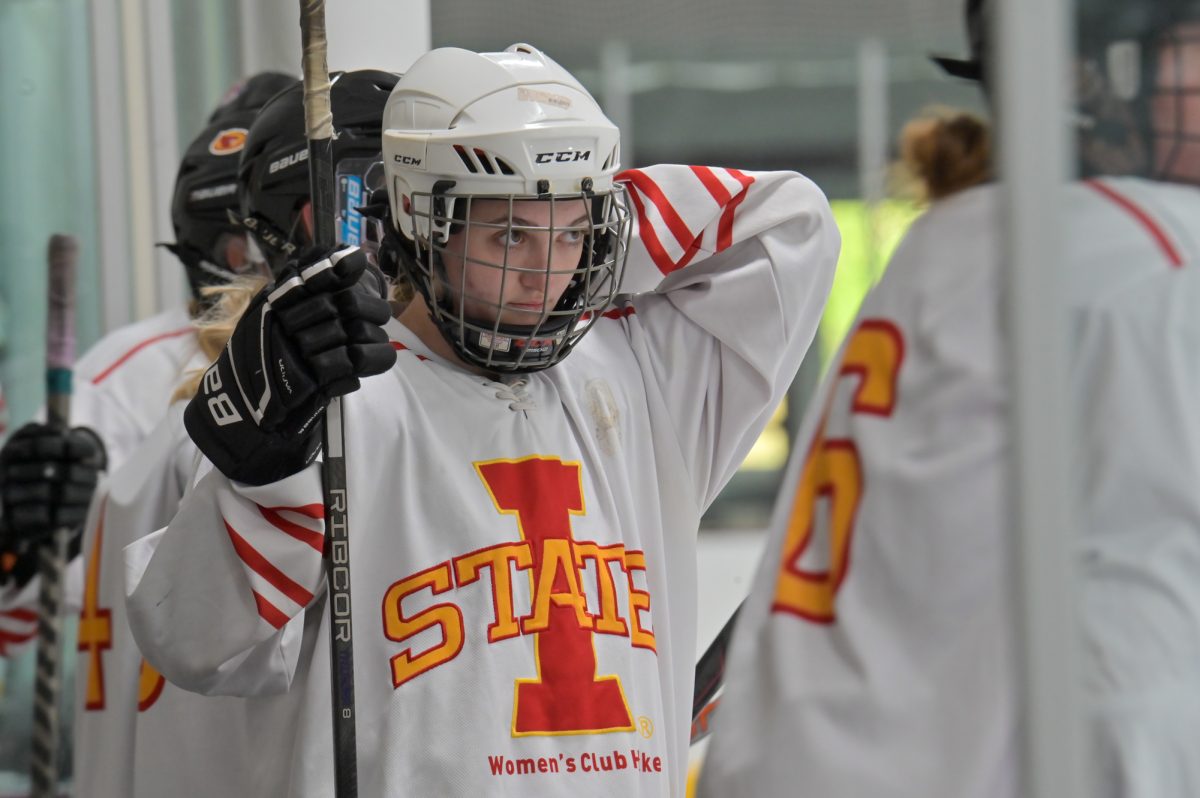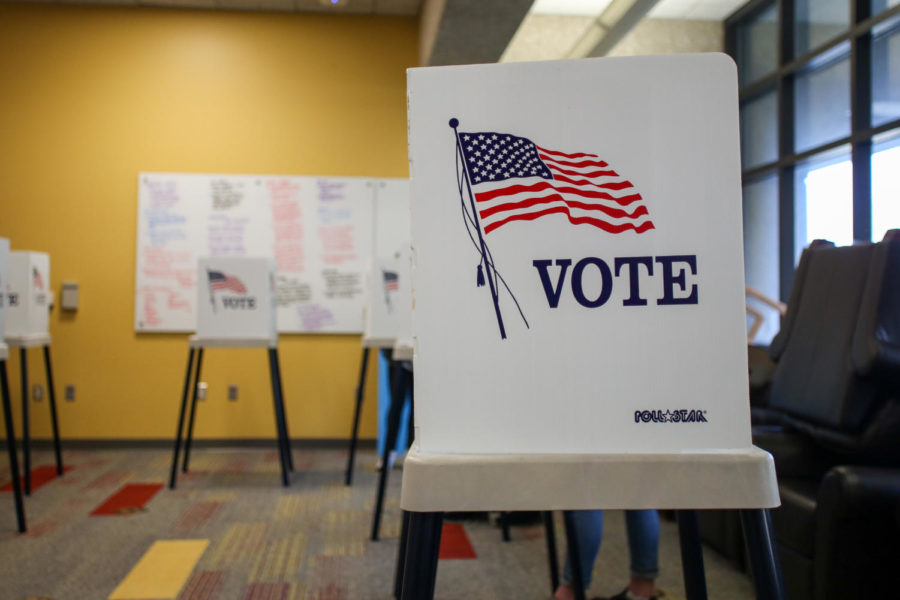Intolerance to blame
November 18, 1997
According to the 1994 Bureau of Justice Statistics, 46 percent of rape victims have considered or attempted suicide, a value much higher than that for the rest of the population. Ev Cherrington (“The wrong lifestyle,” Nov. 12) suggests that by applying “simple” logic to a similar situation, we can easily determine that “something must be wrong with the [rape victim] lifestyle.”
After surviving the assault and rape, victims are reluctant to report the crime to authorities because of this attitude. Police and the courts typically place the blame on the victim by asking questions that imply the victim somehow “deserved it” or “asked for it.”
Friends and family may treat the victim differently after the rape. Many women think surviving the rape itself was much less difficult than surviving subsequent treatment at the hands of the “authorities.” Something must be wrong with the rape victim lifestyle.
Gay, lesbian, bisexual and transgendered individuals often face a similar situation. Our very personhood is challenged and our self-worth is undermined because of who we are.
The life choices we make, the same ones everyone makes, are labeled a “lifestyle.” Our loving and committed relationships are not allowed to be legally recognized, and we are often limited to introducing our “roommates” and our “friends.”
There is nothing about “being” gay that increases the frequency of suicide. The study done at the University of Minnesota (“Suicide Prevention Stressed at LGBTA Program,” Nov. 10) focused on junior high and high school students.
This is a stage of life during which the need to fit in and go along with the crowd often becomes all-important, and students who do not fit in are effectively ostracized by their peers. Gay males, in particular, are singled out for vicious and frequently violent treatment if their sexual orientation is known.
It is no surprise that this type of treatment of gay male junior high and high school students leads to a higher risk of attempted suicide. As stressed by Judd Hardin, nothing about being gay or lesbian influences the risk of suicide.
Intolerance, lack of acceptance and narrow-minded bigotry may lead us to question our self-worth, and may lead to suicide if the situation becomes extreme.
Simple logic allows us to find simple answers. However, the real world is very complex, and the simple answers are rarely correct. Instead of indulging in a comfortable and simple system of victim-blaming, we should work to change the systems that repeatedly victimize innocent people.
We should place the blame where it belongs — on those who are intolerant and unaccepting of those different from them, on those who are unwilling to see a situation from another’s perspective, on those who would rather limit the world to their perceptions than broaden their perceptions to fit the world.
Kari Beth Krieger
Graduate student
Interdepartmental genetics






